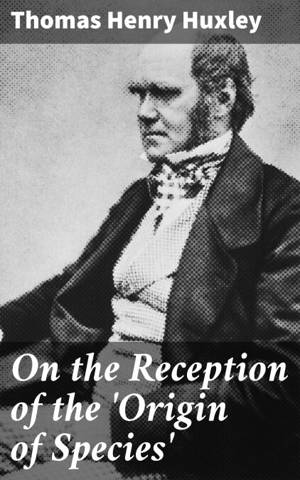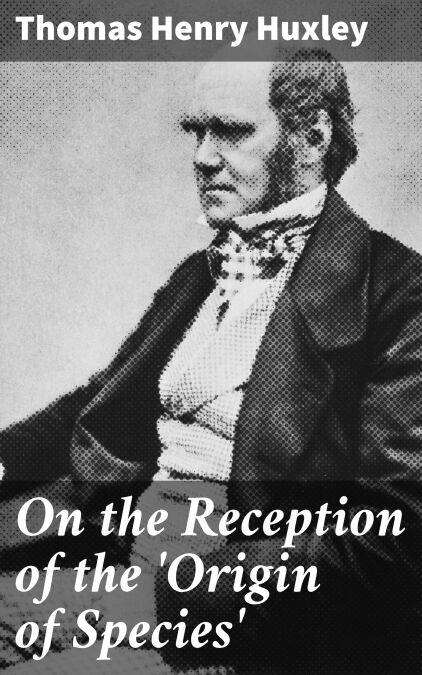
Bedankt voor het vertrouwen het afgelopen jaar! Om jou te bedanken bieden we GRATIS verzending (in België) aan op alles gedurende de hele maand januari.
- Afhalen na 1 uur in een winkel met voorraad
- In januari gratis thuislevering in België
- Ruim aanbod met 7 miljoen producten
Bedankt voor het vertrouwen het afgelopen jaar! Om jou te bedanken bieden we GRATIS verzending (in België) aan op alles gedurende de hele maand januari.
- Afhalen na 1 uur in een winkel met voorraad
- In januari gratis thuislevering in België
- Ruim aanbod met 7 miljoen producten
Zoeken
On the Reception of the 'Origin of Species' E-BOOK
Unveiling Controversies: Evolution Theory and Victorian Society
Thomas Henry Huxley
E-book | Engels
€ 0,49
Omschrijving
In "On the Reception of the 'Origin of Species'," Thomas Henry Huxley explores the profound impact that Charles Darwin'Äôs groundbreaking work had on both scientific thought and public perception in the 19th century. Huxley employs a clear and incisive literary style, combining rigorous scientific analysis with a compelling narrative that situates Darwin'Äôs theories within the broader context of biological discourse and societal values of the time. Through meticulous examination of reactions to Darwin's ideas, Huxley articulates the controversies and debates that surrounded the evolution of species, highlighting both scientific skepticism and the resistance from religious institutions. Huxley, often referred to as 'Darwin's Bulldog' for his staunch defense of evolutionary theory, was not only a prominent biologist but also an advocate for scientific education. His deep understanding of the scientific method and his remarkable ability to communicate complex ideas stemmed from his background in comparative anatomy and paleontology. This book reflects his commitment to advocating for Darwin's ideas, while also showcasing Huxley'Äôs own position within the scientific community as a mediator between emerging scientific thought and established belief systems. Readers will find this work to be an essential resource for understanding the cultural and scientific landscape of the era. Huxley'Äôs thoughtful examination of Darwin'Äôs reception serves as a compelling invitation to reflect on the ongoing debates surrounding evolution and science today. This is a must-read for anyone interested in the evolution of scientific thought and its impact on society.
Specificaties
Betrokkenen
- Auteur(s):
- Uitgeverij:
Inhoud
- Aantal bladzijden:
- 118
- Taal:
- Engels
Eigenschappen
- Productcode (EAN):
- 4057664599209
- Verschijningsdatum:
- 1/12/2019
- Uitvoering:
- E-book
- Beveiligd met:
- Digital watermarking
- Formaat:
- ePub

Alleen bij Standaard Boekhandel
Beoordelingen
We publiceren alleen reviews die voldoen aan de voorwaarden voor reviews. Bekijk onze voorwaarden voor reviews.









